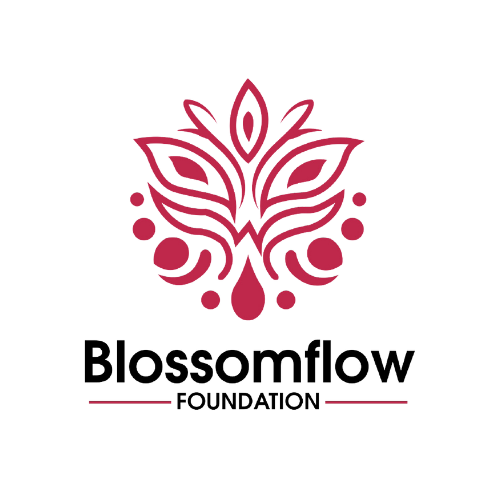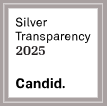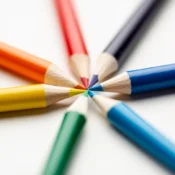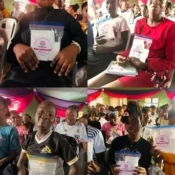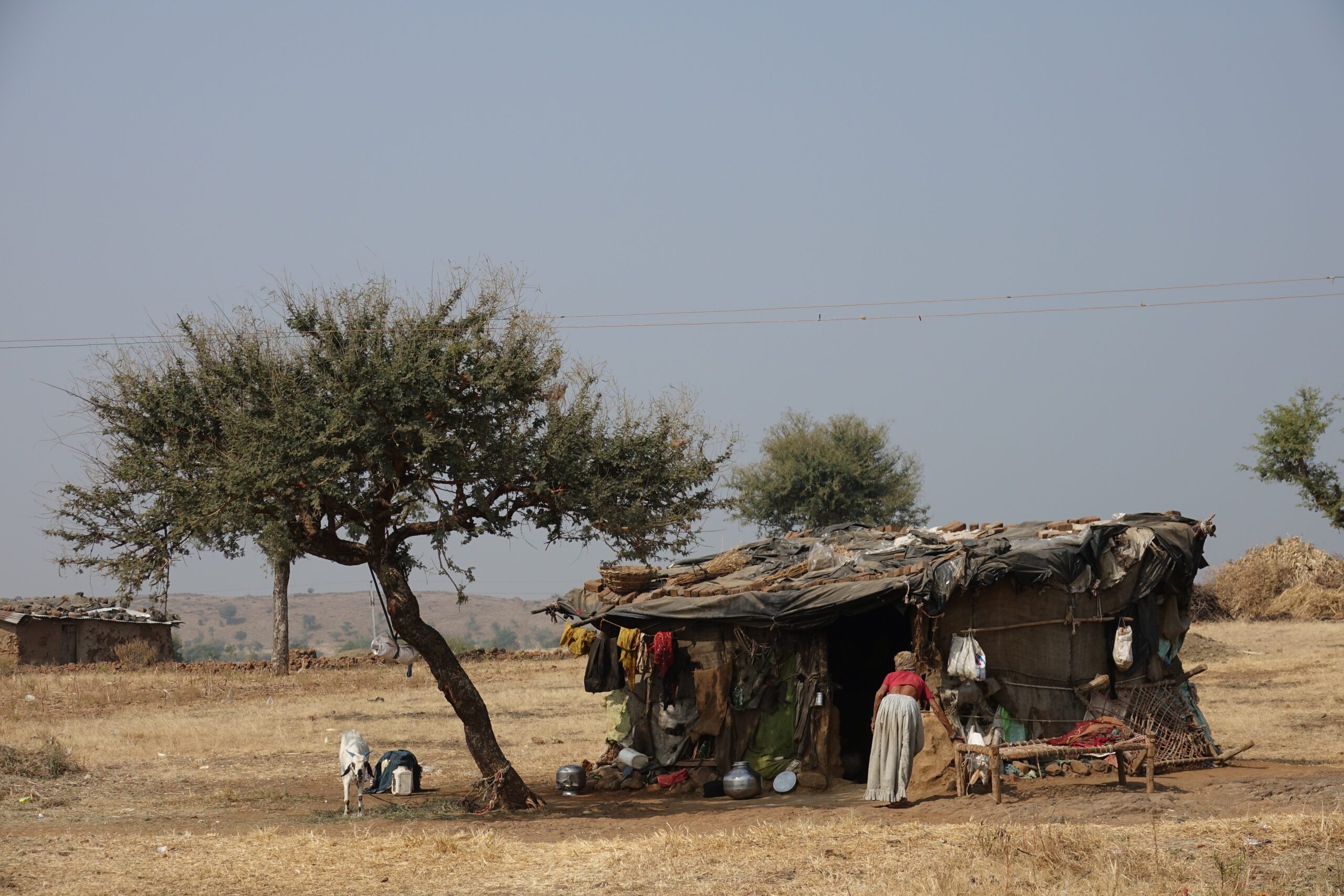
Period Poverty-Challenges Faced by Refugees
Introduction
Period poverty among refugees is a pressing issue that often goes unnoticed, but it affects millions of women and girls in refugee camps and displaced settings worldwide. As refugees flee conflict, natural disasters, and persecution, they are often left without access to basic needs like food, water, and shelter. Among these critical needs, menstrual health is often overlooked, compounding the already difficult circumstances of displaced individuals. Period poverty in refugee camps is a growing concern that must be addressed with urgency. This blog explores the unique challenges refugees face in managing menstruation and discusses potential solutions to address period poverty in refugee camps in crisis situations.
The Struggles of Refugees Facing Period Poverty
-
Lack of Access to Menstrual Products
Period poverty in refugee camps manifests through the lack of basic sanitary products. Disrupted supply chains result in the limited availability of sanitary pads, and other menstrual products. Without access to these essential items, women and girls are often forced to use unsanitary alternatives such as old clothes or leaves, increasing the risk of infections and discomfort.
Many refugees resort to rationing their menstrual products, often using a single pad for extended periods due to uncertainty about when they will receive another. This not only leads to discomfort but also increases the chances of infections, which often go untreated due to limited healthcare access. Addressing this issue requires consistent and reliable access to menstrual hygiene products.
-
Inadequate Sanitation Facilities
Many refugees in refugee camps have insufficient sanitation facilities, making menstrual hygiene management difficult. The absence of private toilets and washing stations worsens period poverty in refugee camps, leaving women with little to no options for maintaining proper hygiene. Limited access to clean water further increases the situation, leading to increased health risks and infections.
Additionally, overcrowding in camps makes privacy nearly impossible, forcing many women to change and clean themselves in unsafe or unsanitary conditions. A lack of proper waste disposal methods for used menstrual products further complicates the issue, contributing to unhygienic environments that put everyone at risk.
-
Psychosocial Impact and Stigma
The stigma surrounding menstruation is heightened in refugee settings, where period poverty intersects with cultural taboos and social isolation. The lack of access to menstrual products and hygiene facilities contributes to embarrassment and shame, making it difficult for women and girls to discuss their needs. This leads to emotional distress and further hinders efforts to address menstrual health in refugee environments.
In some cases, cultural beliefs around menstruation in displaced communities prevent open discussions, leaving many women unaware of proper menstrual hygiene practices. This deepens the cycle of misinformation and further isolates those affected by period poverty.
-
Interruption of Education
For young girls in refugee camps, period poverty is a major factor in school absenteeism. Without access to menstrual products, girls are more likely to miss school during their periods, disrupting their education and contributing to gender inequality. This limitation reduces future opportunities for displaced girls, trapping them in a cycle of poverty.
Furthermore, the lack of menstrual-friendly facilities in schools discourages attendance. The fear of leaking, teasing, or being unable to properly manage their period, leads many girls to stay home. The loss of even a few school days each month has long-term consequences, hindering their ability to keep up with their studies and limiting their future prospects.
What Can Be Done to Address Period Poverty in Refugee Settings?
1. Distributing Menstrual Products in Refugee Camps
Ensuring the availability of menstrual products is one of the most effective ways to combat period poverty in refugee camps. Humanitarian organizations can play a crucial role by providing free or subsidized sanitary products in camps and displacement settings. Regular distributions of pads, and other menstrual products are vital for maintaining the health and dignity of women and girls.
Partnerships between governments, international organizations, and non-profits like Blossomflow Empowerment Foundation can ensure that eradicating period poverty in refugee camps is prioritized in humanitarian aid efforts. Distributing menstrual products in schools and community centers within refugee camps can reach those who need them most.
2. Improving Sanitation and Hygiene Facilities
Improving sanitation facilities in refugee camps is essential for addressing period poverty in refugee camps. Access to clean, private toilets and washing stations can significantly improve menstrual hygiene management. Implementing gender-sensitive sanitation solutions tailored to the needs of women and girls ensures privacy, reduces health risks, and provides safe spaces for menstrual care.
Creating disposal systems for menstrual products is equally important. Waste management strategies, such as incinerators or designated disposal bins, can help prevent the spread of infections and create cleaner, healthier environments for all refugees.
3. Raising Awareness and Reducing Stigma
Creating an environment where menstruation is openly discussed is a crucial step in addressing period poverty in refugee camps. Humanitarian organizations can launch awareness campaigns to normalize menstruation and reduce stigma among refugees. Education programs on menstrual health and hygiene can help individuals better manage their periods and improve overall health outcomes.
Menstrual health workshops tailored for men and boys in refugee communities can also help challenge harmful misconceptions and promote a more supportive environment for women and girls.
By empowering women and girls to speak openly about menstruation, we can significantly reduce the negative impact of period poverty on their mental and emotional well-being.
Conclusion
Ensuring Dignity for Refugees in Crisis Situations
Period poverty among refugees is an issue that cannot be ignored, particularly in crisis situations where women and girls already face immense hardships. Addressing menstrual health in refugee settings is essential for ensuring the dignity, health, and empowerment of displaced women and girls.
By prioritizing period poverty in refugee camps in humanitarian efforts, governments, aid organizations, and communities can work together to provide essential menstrual products, improve sanitation facilities, raise awareness, and ensure access to education. These efforts will help make menstruation a manageable and normal part of life for all women and girls, even in the most difficult circumstances.
Together, we can ensure that no woman or girl, refugees or not, has to face period poverty in silence or shame. For more information, visit our Blog Section.
All Categories
Recent Posts
Why SDG 4 Cannot Be Achieved Without Ending Period Poverty
Tags
Give them a helping hand
Every donation fuels our mission to combat period poverty. Your generosity brings us closer to menstrual equity.
+234-909-482-1642
inquiries@blossomflow.org
